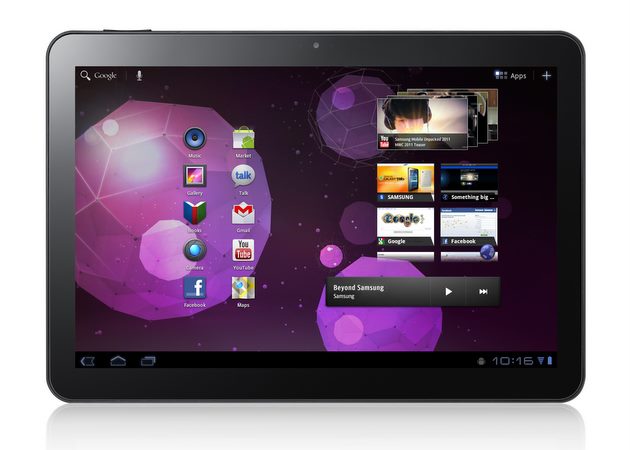
Mobile World Congress (news, site) opened yesterday with a blizzard of annoucements for hardware, apps and tech that will make mobile go with a bigger bang in the very near future.
It Started With an App
App Planet was a new addition to Mobile World Congress last year and proved a massive hit as developers and users move from a hardware/feature focus to apps and tools that will benefit mobile users. This year there are all kinds of neat things on display, from augmented reality demos to a dedicated mobile cloud section.
So, in Barcelone, you can try out apps that let people control apps or games on their television screen (with TVs set to become the next big place for app stores) via their phone. We also have developer systems, such as Antix Game Player that allows games or apps to be created for any device from one code base.
Today is only the first day of MWC, so we expect lots of announcements over the rest of the show. For example, Axeda, the cloud machine-to-machine solutions developer has some big news upcoming. Last month, it made its developer platform available for free. How can it top that?
Hardware Highs
But most of the early press from WMC is about the hardware, with Sony Ericsson's game-dedicated Android-powered Xperia Play phone getting most of the headlines. Also making a splash are LG with its Optimus 3D tablet and Samsung with a new, bigger Galaxy Tab on show, both running the new Android 3.0 OS.
This Tab, alongside Motorola's Xoom, starts the proper tablet war against Apple's iPad. The new Tab packs a 1 GHz dual-core Tegra 2 processor, a 10.1-inch 1280 x 800 (WXGA) TFT capacitive display, 8 megapixel rear camera with LED flash that is capable of full 1080p video recording, 2 megapixel front camera for video calling, and 16 or 32GB of storage.

Smaller, Faster
We also heard from Intel, which is preparing to release a 32 nanometer "Medfield" processor for phones that will ship in upcoming generations of smartphones and, potentially, triple the battery life compared to today's models. However, this single-core processor will be up against dual- and quad-core processors from the likes of ARM, which may be more attractive to makers and users who want bigger, better features.
Finally, it looks like the Apple iPhone nano we mentioned last week is likely to be made official soon, as a Wall Street Journal story today offered confirmation that a buttonless, near full-front-screen device is in the offing to counter cheaper Android models.
